The recent state parliamentary report into recreational native bird hunting gives Victorians a taste of the kind of division the Voice to Parliament will have across every area of life in regional Australia should advocates for constitutional change be successful at the October referendum.
The report, almost 300 pages long, lays out a recipe for the kind of race-based division of laws and rights that the federal government would make permanent nationwide.
Without any solid justification – except, it would seem, that some people do not like bird hunting – the committee has recommended the Victorian government end recreational bird hunting on...
Already a subscriber? Log in
Subscribe for just $2 a week
Try a month of The Spectator Australia absolutely free and without commitment. Not only that but – if you choose to continue – you’ll pay just $2 a week for your first year.
- Unlimited access to spectator.com.au and app
- The weekly edition on the Spectator Australia app
- Spectator podcasts and newsletters
- Full access to spectator.co.uk

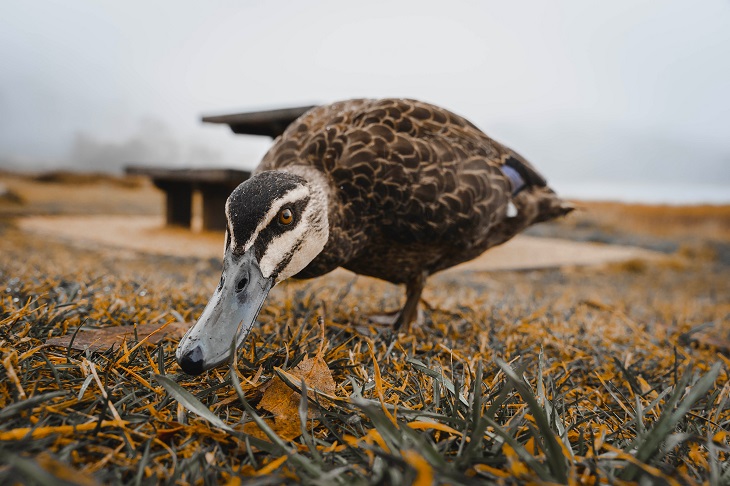
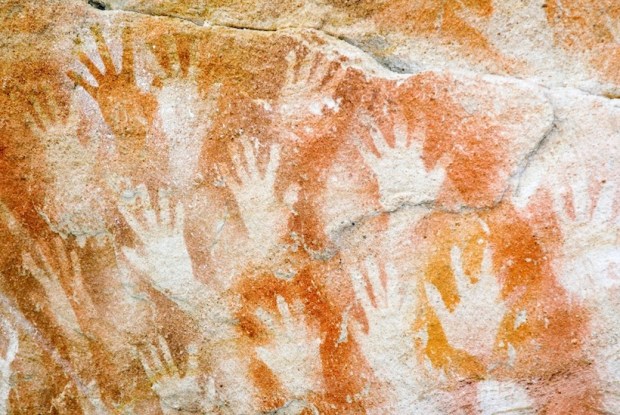
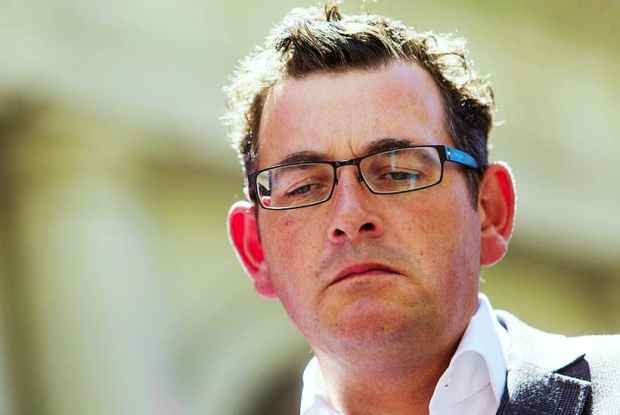
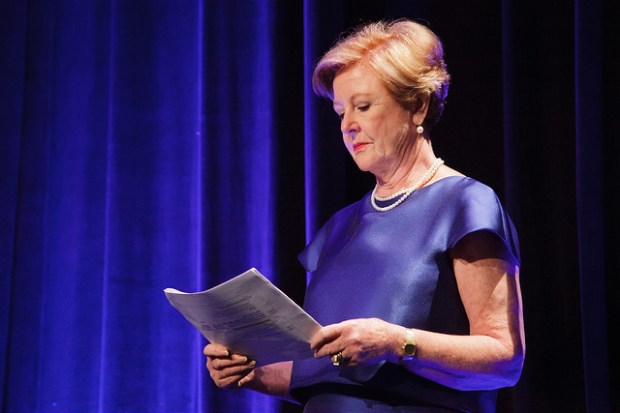

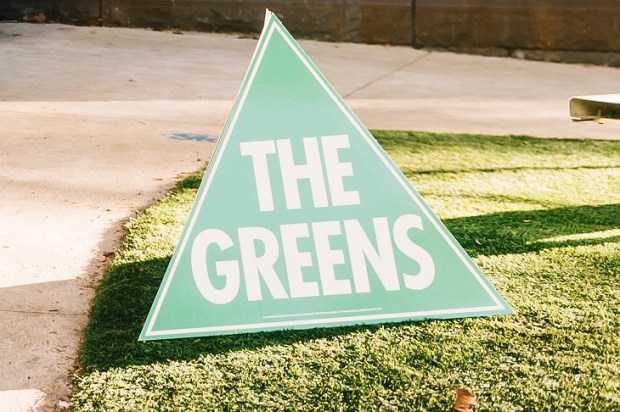



















Comments
Don't miss out
Join the conversation with other Spectator Australia readers. Subscribe to leave a comment.
SUBSCRIBEAlready a subscriber? Log in